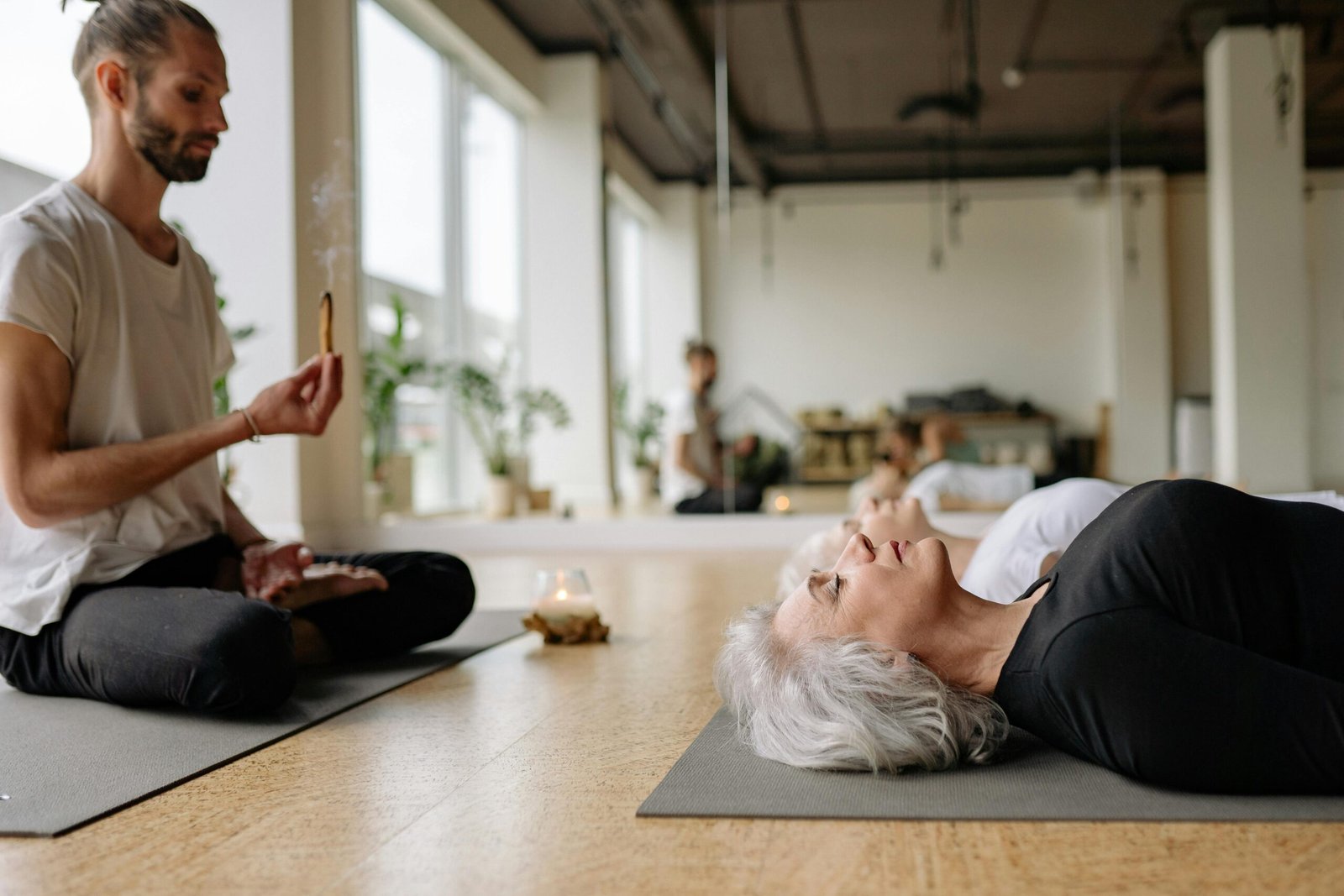Discover effective breathing techniques like diaphragmatic and box breathing for relaxation. Enhance your practice with tools like InnoGear diffuser and the Breethe app
Deep Breathing for Immediate Relaxation
When you need immediate relaxation, deep breathing exercises are one of the most effective tools. Slow, deep breathing activates the parasympathetic nervous system, which calms the body and reduces stress. Diaphragmatic breathing, or belly breathing, is an excellent method to achieve relaxation, as it fully engages the diaphragm and encourages longer, deeper breaths.
To enhance your relaxation experience, InnoGear Essential Oil Diffuser is a great accessory. By using calming essential oils like lavender or chamomile in your diffuser, you can enhance the effects of your breathing exercises and create a soothing atmosphere that supports your relaxation process.
Using Breathwork for Restorative Relaxation
Breathwork, when combined with progressive muscle relaxation or meditation, can lead to restorative relaxation. During breathwork, you focus on slow, deep breaths while relaxing each muscle group in your body. This combination helps release stored tension and promotes both physical and mental relaxation.
For guided breathwork and relaxation routines, The Breethe App offers a variety of guided sessions. These range from quick five-minute exercises to longer, restorative practices that combine breathing, mindfulness, and visualization to help you relax deeply.
The Role of Breathing in Emotional Regulation
Breathing exercises are not only effective for physical relaxation but also play a significant role in emotional regulation. When you experience heightened emotions, such as anger or anxiety, your breath often becomes rapid and shallow. By practicing deep, slow breathing, you can restore balance and regain emotional control. Techniques like box breathing and diaphragmatic breathing are particularly useful in regulating emotional responses and promoting a calm, focused mind. To learn more about how to use breathing for emotional regulation, consider The Relaxation Response by Dr. Herbert Benson. This book provides in-depth insights into how breathing exercises can help reduce stress and regulate emotions in everyday life.

